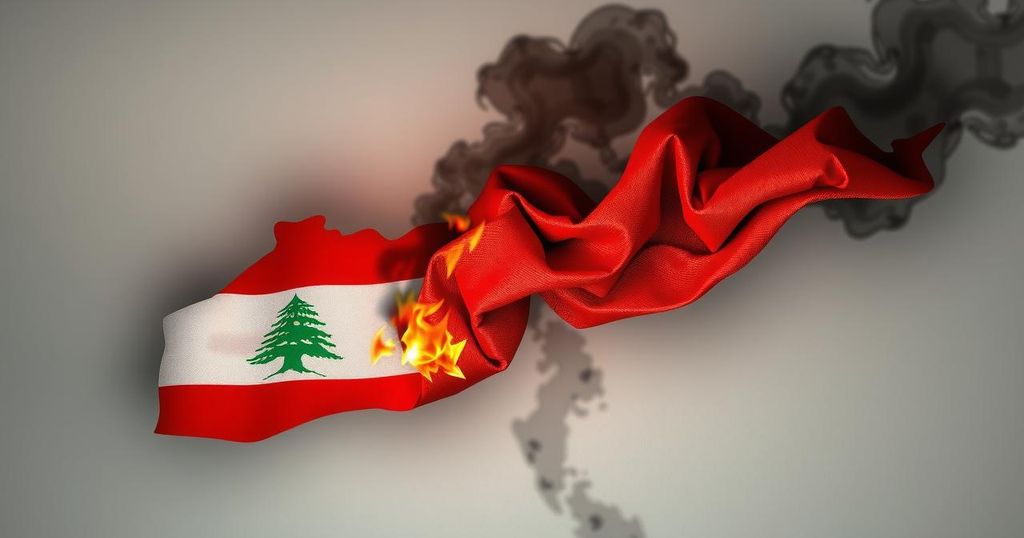Lebanon is at a pivotal moment as Joseph Aoun assumes the presidency amidst weakening Hezbollah, Syria, and Iranian influences. His ability to navigate the internal political landscape could lead to significant reforms and stability if he can dismantle Hezbollah’s arms. The upcoming government formation will be crucial in determining whether Lebanon can move past its troubled past and achieve recovery and growth.
Lebanon finds itself at a potential turning point as key regional and political players, notably Hezbollah, Syria, and Iran, appear to be weakening. This shift offers Lebanon a unique opportunity to pursue stability and reform after years of internal strife and external influence. Joseph Aoun’s election as president could mark a new era, depending on his ability to navigate the complex political landscape and the expectations of various factions.
Historically, Lebanon’s stability has often been threatened by a fragile balance of power among its various communal groups, compounded by regional dynamics and the presence of militant groups. Aoun’s presidency raises hopes of breaking away from the past patterns that have seen Hezbollah’s influence overshadow state authority. If he can establish a framework where the Lebanese army holds the monopoly on violence, Lebanon could begin a process of recovery and reform.
The overarching factors contributing to this potential shift include Hezbollah’s diminished influence resulting from recent conflicts and the changing geopolitical landscape following developments in Syria and Iran. As Lebanon confronts the new reality of having a president who potentially favors disarmament, the critical challenge lies in whether he can persuade Hezbollah to relinquish its arms, thereby restoring the state’s authority.
The expected political struggles between factions wanting a new beginning for Lebanon versus those seeking to maintain the status quo reflect a broader societal desire for change. Aoun’s commitment to a policy of neutrality and improved relations with Arab nations is promising; however, the actual implementation remains to be seen. Critical appointments in the new government will serve as indicators of Lebanon’s direction—whether it will heal from its past grievances or continue to be ensnarled by sectarian divisions.
Aoun’s inaugural challenge also includes managing the expectations of an international community eager for change while navigating the local political landscape that has historically been dominated by corruption and sectarianism. The international backing from nations such as the U.S., France, and regional players indicates a support framework; however, sustained efforts will be vital to successfully transition Lebanon toward a future of stability and prosperity.
Lebanon has endured significant political and social turmoil for decades, primarily influenced by internal factions and regional dynamics. The historical dominance of Hezbollah, supported by Iran and allied with Syria, has complicated Lebanon’s governance and national identity. With recent shifts in power dynamics in the region—exemplified by the reduction of Hezbollah’s influence and the weakening of Iran—there is an opportunity for Lebanon to regain agency. The election of Joseph Aoun as president represents a critical juncture in this endeavor, presenting both opportunities and challenges for national reform and stability.
The selection of Joseph Aoun as Lebanon’s president symbolizes a potential fresh start for a nation long burdened by political instability and external manipulation. His administration must navigate a complex landscape involving significant pressure from established political factions and the imperative to disarm Hezbollah. The success of Aoun’s presidency hinges on his capacity to unify the Lebanese state, restore its authority, and assert control over its defense policy. If achieved, this could enable Lebanon to reclaim peace, foster economic growth, and harness its emerging energy resources.
Original Source: www.arabnews.com






